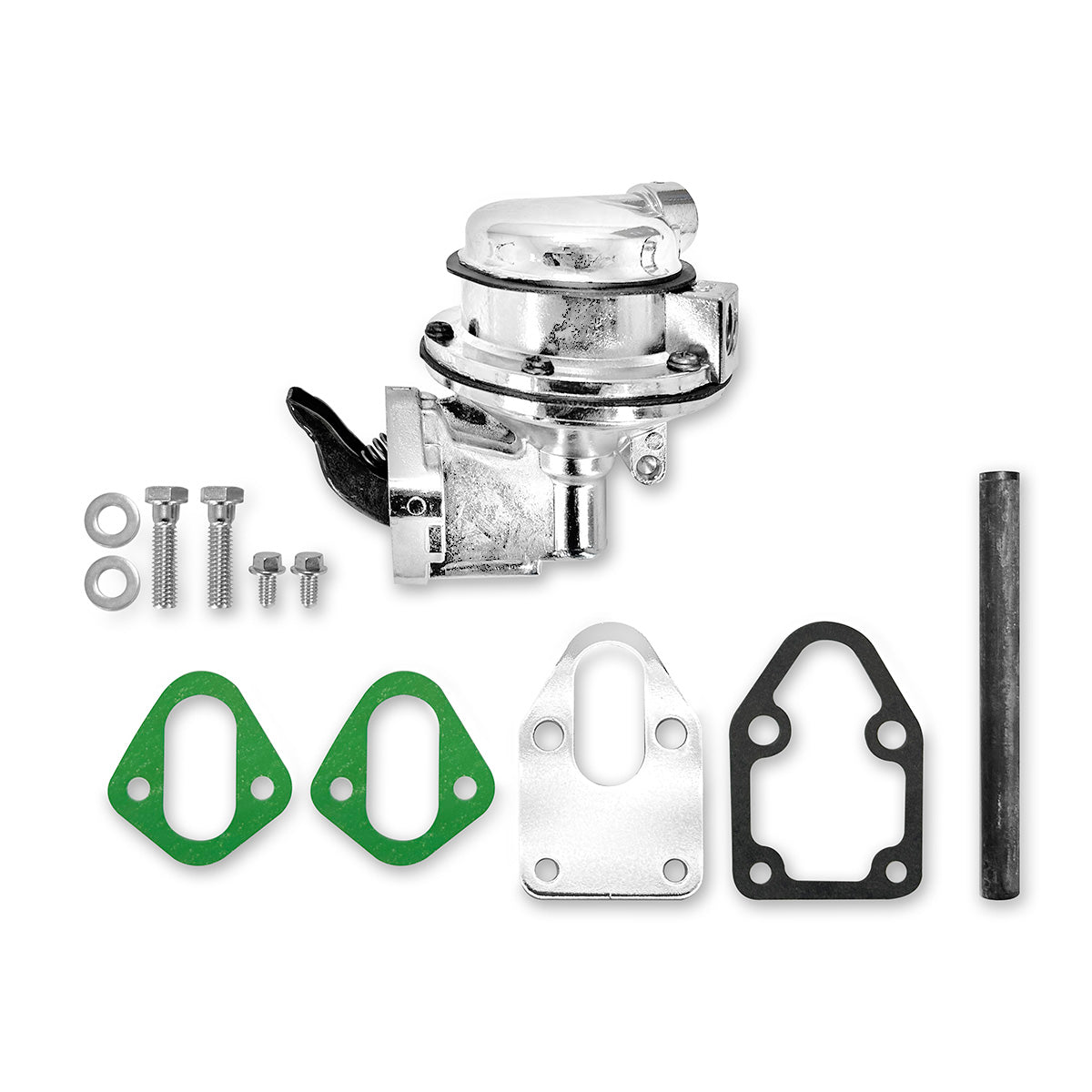
Fuel pumps play a crucial role in the efficient functioning of vehicles, ensuring a steady supply of fuel to the engine. However, like any mechanical component, fuel pumps can go bad over time, leading to various issues and potentially leaving drivers stranded on the side of the road. In this blog post, we will delve into the reasons behind fuel pump failures, exploring the intricate details and shedding light on this common automotive problem.
- Contaminated Fuel:
One of the primary culprits behind fuel pump failures is contaminated fuel. Impurities such as dirt, rust, and debris can find their way into the fuel tank, eventually clogging the fuel pump and impeding its performance. This can lead to reduced fuel flow, increased strain on the pump, and ultimately, its failure. Regularly replacing fuel filters and using high-quality fuel can help mitigate this issue. - Overheating:
Fuel pumps are often located inside the fuel tank, where they are constantly submerged in fuel. This fuel acts as a coolant, preventing the pump from overheating. However, when the fuel level is consistently low or the vehicle is driven with an empty tank, the fuel pump can be exposed to air, causing it to overheat. Overheating can lead to the deterioration of internal components and eventual failure. Maintaining an adequate fuel level is crucial to prevent overheating. - Electrical Problems:
Fuel pumps rely on electrical systems to function properly. Issues such as faulty wiring, blown fuses, or malfunctioning relays can disrupt the electrical supply to the pump, causing it to malfunction or stop working altogether. Regular inspection of the electrical connections and addressing any wiring issues promptly can help prevent fuel pump failures related to electrical problems. - Wear and Tear:
As with any mechanical component, fuel pumps are subject to wear and tear over time. The constant movement of fuel through the pump, exposure to heat, and vibrations can gradually degrade its internal components. Additionally, factors like poor fuel quality, irregular maintenance, and excessive strain on the pump (such as running on a low fuel level) can accelerate this wear and tear process. Regular maintenance, including fuel system cleaning and inspection, can help identify and address potential issues before they lead to pump failure.
Conclusion:
Understanding the reasons behind fuel pump failures is crucial for vehicle owners and enthusiasts alike. By recognizing the impact of contaminated fuel, overheating, electrical problems, and wear and tear, individuals can take proactive measures to prevent fuel pump failures and ensure the longevity of their vehicles. Regular maintenance, fuel quality management, and attentive monitoring of fuel levels are key to avoiding the inconvenience and expenses associated with fuel pump replacements.

